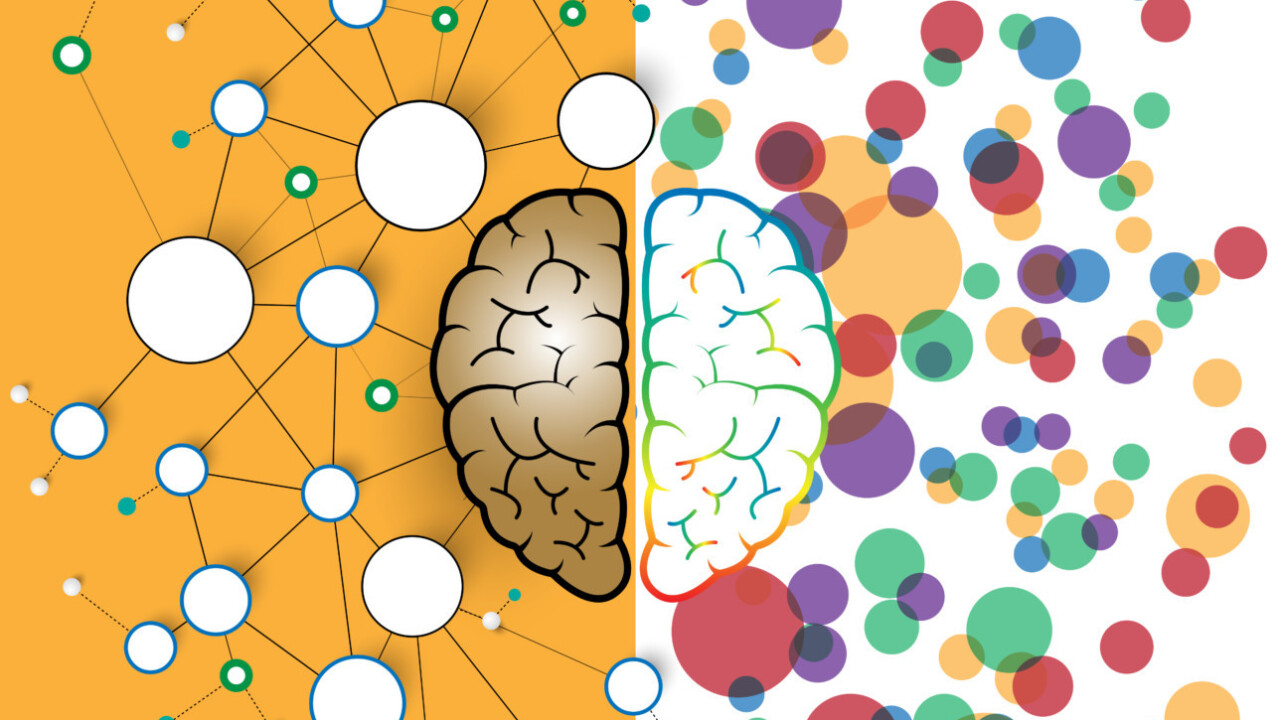
You have to trust in something – your gut, destiny, life, karma, whatever. This approach has never let me down and it has made all the difference in my life.
The words of Steve Jobs. Was he right?
We make decisions every single day of our lives. Big and small. What to have for breakfast? Whether to take the car to work, or cycle? Is today the right time to tell Paul he’s going to be demoted?
But what’s the best way to actually make such decisions – using facts, experience and data, or trusting the feeling in your stomach, that little nudge in your tummy? Does intuition trump the facts when it comes to saying yes or no?
So here are five big decisions you may well face in your life – in your career, and in your personal life. What should you choose to make the final call? Data or your gut? Let’s take a look.
Decision 1: Whether to get married or not
Met the love of your life? Fantastic. Feels great, doesn’t it? But when it comes to the crunch, deciding whether to hitch up with someone for the rest of your life can be a very daunting task. So what should you rely on to make the decision?
Research gathered together by 888 Casino, which compares instinct to data in decision-making, suggests you’ve a 1 in 258,000 chance of meeting an appropriate life partner. On the other, with accuracy, it takes just 3 minutes to work out whether a couple will divorce or stay together. But should you really use data for such a momentous decision?
While there have been attempts to sketch a mathematical formula for deciding whether to get married or not, we think matters of the heart tend to be based on instinct. Wouldn’t you agree?
Our verdict: Gut.
Decision 2: Who to hire
Perhaps in no other sphere do decisions matter like they do in the business world. No matter what size or shape of firm, everyone involved, from the founder to the cleaner, has to make decisions. Yet, despite the amounts of data available to us, many business leaders (as illustrated by Jobs above) vouch for gut instinct. Are they right?
Maybe not. If you’re a business owner and you’re deciding who to hire from a crop of prospective candidates, research suggests using an algorithm could be a better way to make the decision than your gut feeling. A study by the Harvard Business Review found crunching the data would “probably” help you make a better hire.
The study found that a simple equation to assess the strength of candidates outperforms human decisions by at least 25 percent. “If you simply crunch the applicant’s’ data and apply the resulting analysis to the job criteria, you’ll probably end up with a better hire,” the report said
Verdict: Data
Decision 3: Rent or buy?
Buying a house is a massive outlay, particularly in countries like the UK, where it’s difficult to secure a mortgage. But, then again, rent prices are pretty crazy too. So – should you buy a home, or would renting better suit you?
Our verdict: Data. When it comes to cold, hard cash, we’d nearly always advocate data. The best thing to do is to look at a rent map and compare the expense with the cost of a mortgage. But to give you the lowdown: it’s generally agreed that buying a home is now cheaper than renting, with the average monthly rent in the UK now $1,315 (£995) per household, compared to an average monthly mortgage repayment of $1,063 (£805) for first-time buyer households.
Verdict: Data
Decision 4: Whether to expand your business
Keep things as they are, or start to grow? Keeping things small has less risk and is more manageable, but expansion could well change your business completely – extra revenue, new products and services, new offices…
Judging whether to expand your business is a question of temptation. Plus, you can use all the formulas in the world, but it won’t ever accurately tell you if your expansion plan will be a success or whether your new products will sell. Just do it.
Verdict: Gut
Decision 5: Common business decisions
Should data play a larger role in your thought processes than it does currently? Research suggests it could help you. A PricewaterhouseCoopers study reported by Information Age found many firms are dealing with a data deficit that threatens decision-making and financial management. The study found more than 46 percent of chief financial officers rely on gut feeling and instinct to make business decisions.
However, they’d probably be much better off using data, with the study finding 72 percent of CFOs enjoyed greater profits when they relied on empirical data for making decisions.
Are we right? Is trusting your gut really a better option than trusting a report or a gathering of the facts? What do you think?
Get the TNW newsletter
Get the most important tech news in your inbox each week.





